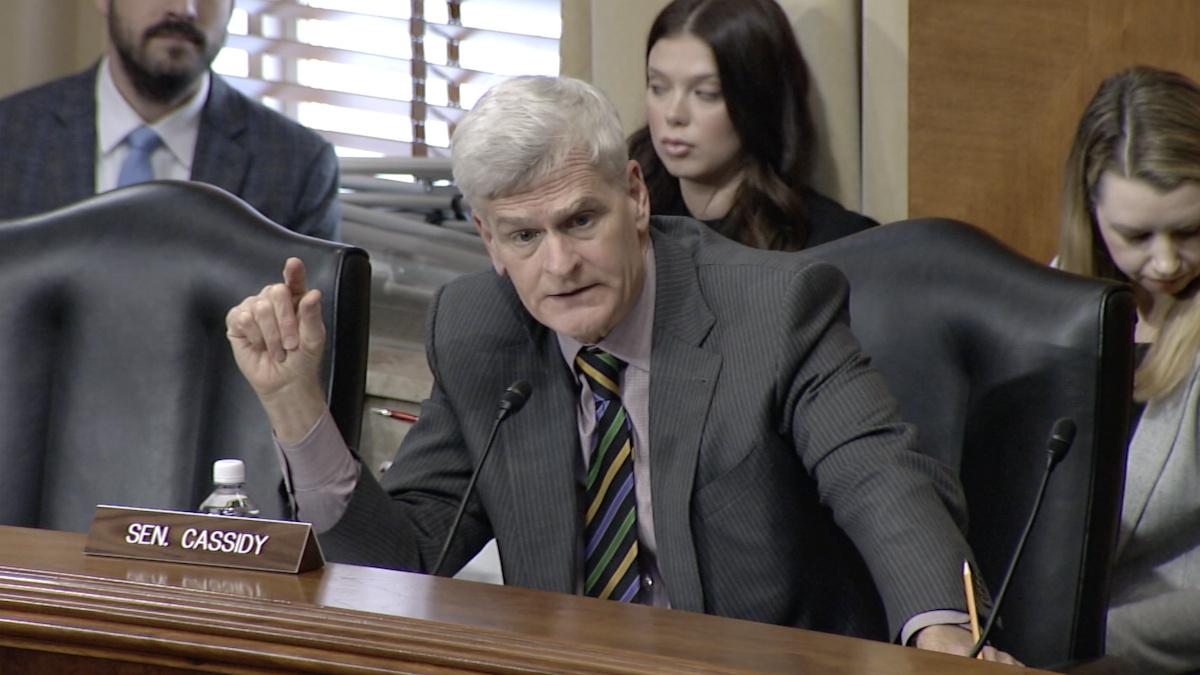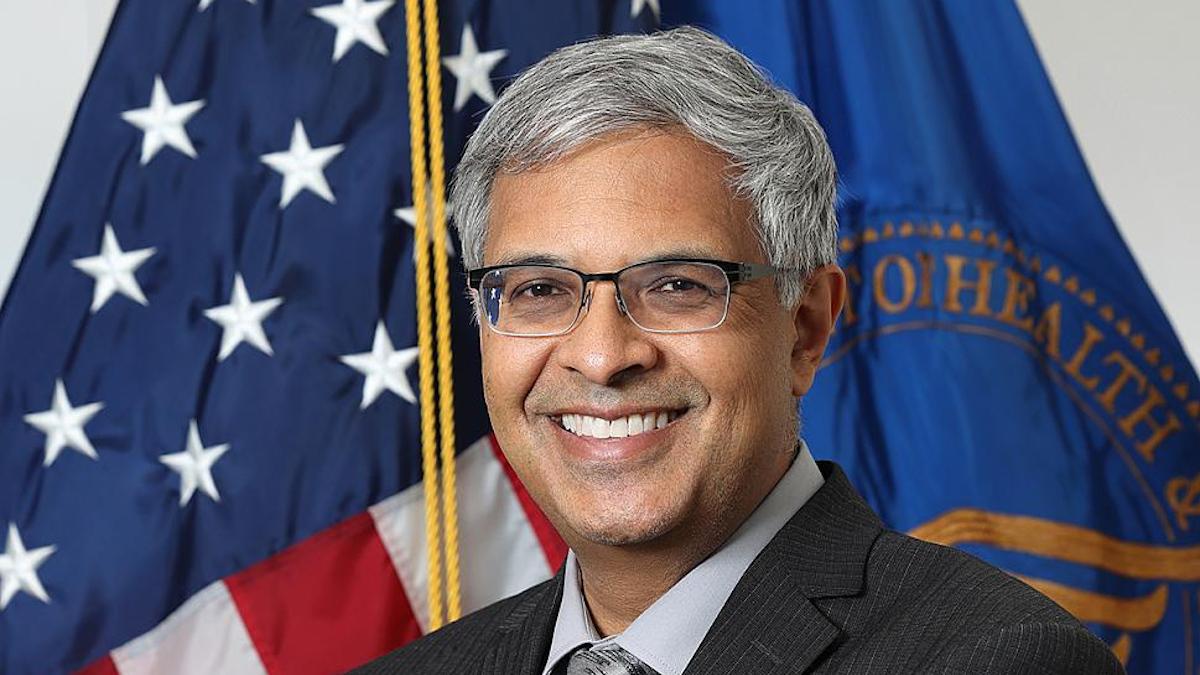RFK Jr odds on for HHS role after Finance Committee vote

Republican Senator Bill Cassidy, who cast the decisive vote.
Robert F Kennedy Jr has cleared a key obstacle in his bid to become the next US Health and Human Services (HHS) Secretary after the Senate Finance Committee voted in his favour.
The Committee voted by 14 to 13 in favour of President Trump's controversial pick, split down party lines, with Republicans praising his determination to reform the US healthcare system while Democrats voiced concern about his track record on health, and particularly his prominent anti-vaccine stance in the recent past.
The vote was, however, tipped in favour of Kennedy by Republican Senator Bill Cassidy, a qualified gastroenterologist who said in the build-up that he had reservations about his ability to lead the agency, which administers a $1.7 trillion budget and plays a huge role in public health through its oversight of the FDA, Centers for Disease Control and Prevention (CDC), National Institutes of Health, and the Centers for Medicare & Medicaid Services (CMS).
Cassidy said after the vote that he had received assurances from Kennedy that he would not undermine immunisation programmes – for example, by removing statements on the CDC website that vaccines do not cause autism – and that they would work closely together if he is confirmed.
"With the serious commitments I've received from the administration and the opportunity to make progress on the issues we agree on, like healthy foods and a pro-American agenda, I will vote yes," he wrote on social media platform X.
The vote means that Kennedy's nomination now moves forward to the Senate floor for a vote. If the lawmakers vote according to their political allegiances that should take him through. He would be blocked if all Democrats and three Republicans vote against him, but that it now viewed as unlikely.
There's no doubt that Kennedy's political career has been marked by controversy, with outspoken views on various topics, including vaccine safety, which have often placed him at odds with mainstream political and scientific thinking.
At the same time, he has been a vocal proponent of healthcare reform under the Make American Healthy Again (MAHA) banner; for example, by limiting processed foods. He has also advocated for measures to ensure affordable and accessible healthcare for Americans and insisted that his views on vaccines are driven by concern about safety, rejecting claims he is a conspiracy theorist.
Meanwhile, Kennedy has been in favour of measures to slash prescription drug prices and implementing preventive care programmes to address public health challenges. Senate Finance Committee Chair Mike Crapo asserted ahead of the vote that he had "spent his career fighting to end America's chronic illness epidemic and has been a leading advocate for healthcare transparency both for patients and for taxpayers."
Senior Democrat Senator Elizabeth Warren took Kennedy to task during confirmation hearings last week, alluding to claims that he made $2.5 million in referral fees from a legal firm bringing lawsuits against pharma companies and that he gets a 10% contingency fee if they win.
That applies to an ongoing legal complaint against MSD over its Gardasil cervical cancer shot, for which Kennedy has already received referral fees.
Warren asked him to pledge not to receive any compensation from lawsuits against pharma companies as HHS secretary and four years after his term, which he declined to do. That led her to suggest he could profit from anti-vaccine lawsuits that he could influence as HHS Secretary.
After the hearing. Kennedy said he would divert any fees from the Gardasil litigation to his adult son, but Warren maintained that is an inadequate measure to offset the potential conflict of interest.












